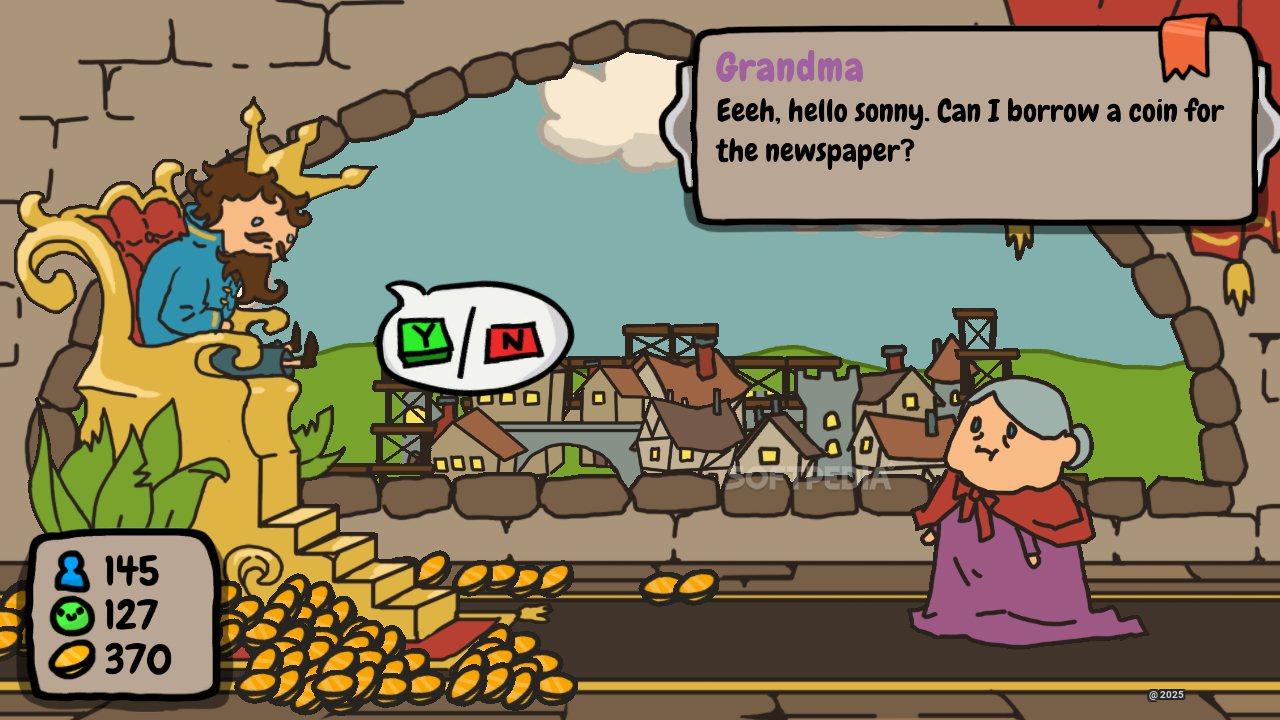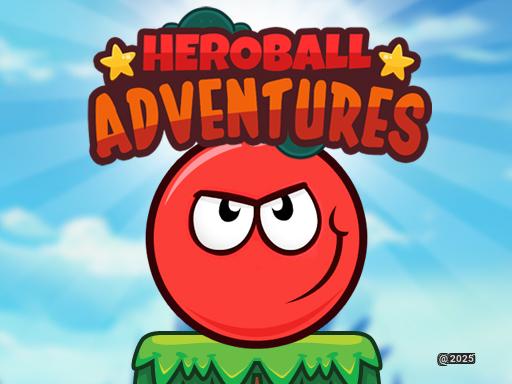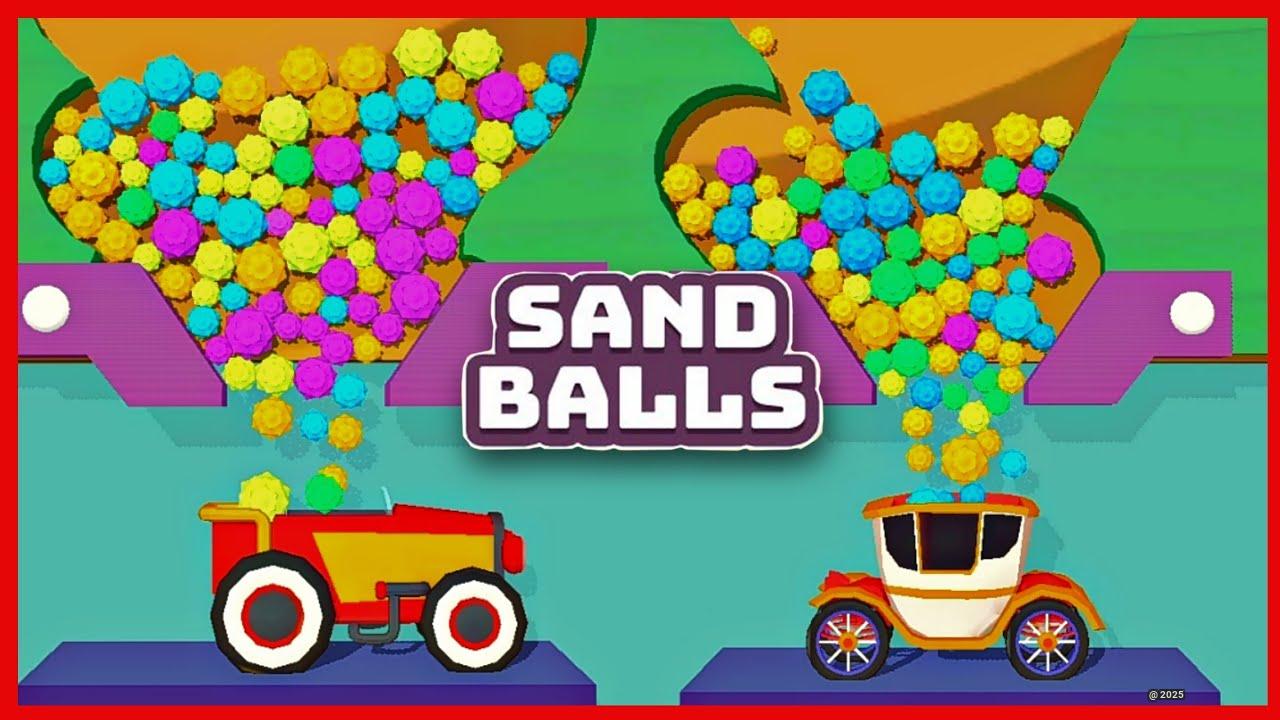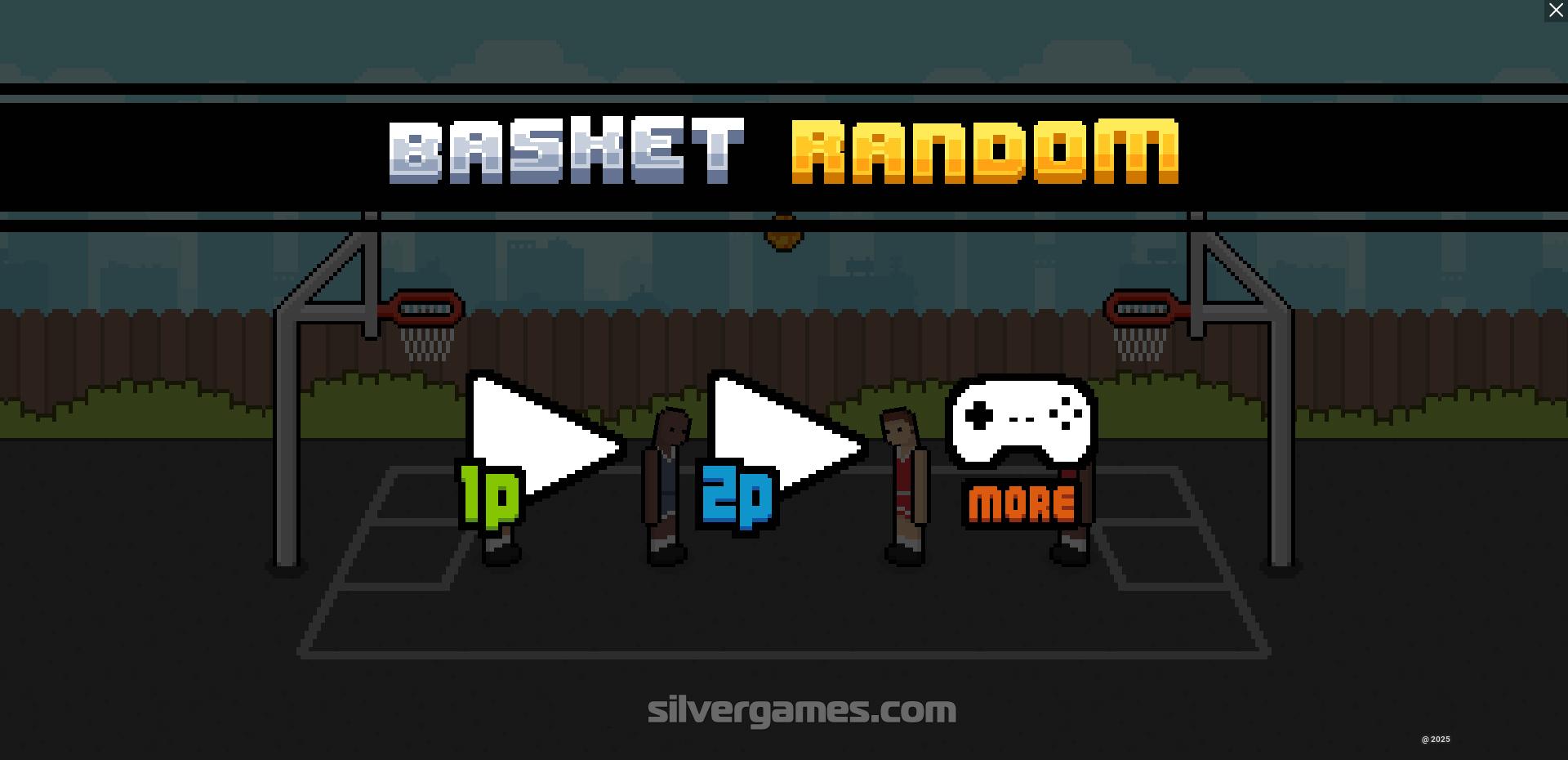Sort the Court! brings the weighty responsibilities of monarchy to life through a brilliantly simple yet engaging decision-making system. This charming simulation puts you on the throne, where every “yes” or “no” shapes your kingdom’s destiny.
Imagine sitting on your royal throne, crown perched atop your head, as a parade of colorful characters approaches with requests that could make or break your realm. From mysterious merchants offering dubious deals to concerned citizens seeking aid, each interaction tests your judgment as a ruler.
Key aspects that make Sort the Court! stand out:
- Quick-fire decisions that carry real weight for your kingdom’s future
- Three main metrics to balance: population, happiness, and wealth
- Recurring characters whose stories evolve based on your choices
- Multiple possible outcomes and paths to success
- Simple controls paired with complex consequences
The game’s genius lies in its accessibility - anyone can grasp the basic yes/no mechanics, but mastering the art of kingship requires careful consideration of each choice’s ripple effects. Whether you’re growing your population, filling your treasury, or keeping your subjects happy, every decision counts in your journey from modest ruler to magnificent monarch.
This isn’t just another casual game - it’s a clever exercise in resource management and consequence-based gameplay that keeps players returning to try different strategies and uncover new story branches.
Characters and Consequences
Each day brings new faces with unique requests that can help or harm your growing kingdom. From humble peasants to mysterious wizards, you never know who’ll walk through those castle doors next!
One of my favorite recurring visitors is the merchant who offers tempting trade deals. Should you trust his smooth talk and invest your gold? I learned the hard way that some deals are too good to be true! But taking calculated risks with certain characters can really pay off.
That sketchy alchemist might drain your coffers at first, but befriend him and he could become a valuable ally down the road.
| Character Type | Common Requests | Potential Outcomes |
|---|---|---|
| Merchants | Trade deals, business permits | Gold gain/loss, new shops |
| Citizens | Housing, jobs, protection | Population changes, happiness shifts |
| Magical Beings | Mysterious favors, magical items | Special events, unique bonuses |
The genius of Sort the Court lies in how your choices shape character arcs over time. That beggar you helped might return as a successful merchant. The guard you promoted could save your kingdom from invasion.
Every interaction feels meaningful because the consequences ripple through future encounters.
Progression and Replay Value
What makes Sort the Court so addictive is how your kingdom evolves based on daily choices. I started with just a handful of citizens and empty coffers. But through smart decisions (and some lucky guesses), I watched my humble town grow into a thriving metropolis!
The game cleverly tracks three main stats - population, happiness, and wealth. Finding the right balance is tricky since helping one often hurts another. I’ve tried different approaches across multiple playthroughs:
- The Benevolent Ruler: Focusing on citizen happiness through generous policies
- The Wealthy Tyrant: Hoarding gold while ignoring public opinion
- The Population Boomer: Saying yes to every new settler
Each path reveals new story branches and characters. Just when you think you’ve seen everything, a different choice unlocks fresh content. I especially love discovering hidden interactions between seemingly unrelated events.
Game Mechanics and Strategy
The core gameplay of Sort the Court is brilliantly simple - just say “yes” or “no” to each request. But don’t let that fool you! Strategic thinking is essential for long-term success. Here’s what I’ve learned about mastering the mechanics:
Resource management is key. Each decision affects your kingdom’s vital stats:
| Stat | How to Increase | Common Pitfalls |
|---|---|---|
| Population | Accept settlers, build housing | Overcrowding, food shortages |
| Happiness | Public works, festivals | High taxes, strict laws |
| Gold | Trade, taxes, investments | Scams, wasteful spending |
Timing matters too! Some opportunities only appear when certain conditions are met. I’ve found it helpful to:
- Build a strong economic base early
- Save gold for unexpected events
- Balance short-term gains with long-term stability
- Pay attention to seasonal events and festivals
Player Choices and Ethical Dilemmas
Playing Sort the Court often feels like a crash course in moral philosophy! The game constantly presents tough choices that test your values. Should you:
- Accept refugees even if it strains resources?
- Allow dangerous magic that could boost the economy?
- Sacrifice individual rights for collective security?
There’s rarely a clear “right” answer. One memorable dilemma I faced involved choosing between funding a new hospital or strengthening city defenses. Both seemed essential! These choices create genuine tension and make each playthrough feel personal.
Ethical dilemmas in games like Sort the Court mirror real-world leadership challenges. You’ll grapple with questions of:
- Justice vs Mercy
- Individual vs Collective good
- Short-term vs Long-term benefits
- Progress vs Tradition
The beauty is how these abstract concepts play out through specific characters and situations. That tax collector isn’t just a sprite on screen - he represents real questions about fairness and governance.
Similar Games
Final Words
After exploring the delightful world of Sort the Court, it’s clear why this royal decision-maker has captured players’ hearts. Through its deceptively simple yes/no interface, the game creates a rich tapestry of consequences that transform a modest throne room into a vibrant kingdom teeming with life and stories.
The game shines brightest in its character interactions, where each visitor brings unique opportunities and challenges. From the shrewd merchant’s tempting deals to the desperate citizen’s heartfelt pleas, your responses ripple through time, creating lasting impacts on your realm’s future. The three-pillar system of population, happiness, and wealth demands careful balance, turning each royal audience into a meaningful moment of governance.
What sets Sort the Court apart is its remarkable ability to pack complex moral choices into bite-sized encounters. Players find themselves weighing immediate gains against long-term stability, individual needs against collective good, all while managing limited resources. The game proves that thoughtful leadership requires more than just amassing wealth or growing numbers - it demands wisdom, empathy, and foresight.
Whether you chase prosperity through commerce, build happiness through generosity, or seek perfect balance in all things, Sort the Court offers countless paths to success. Its charm lies not just in reaching goals, but in crafting unique stories through the choices we make as rulers.





























